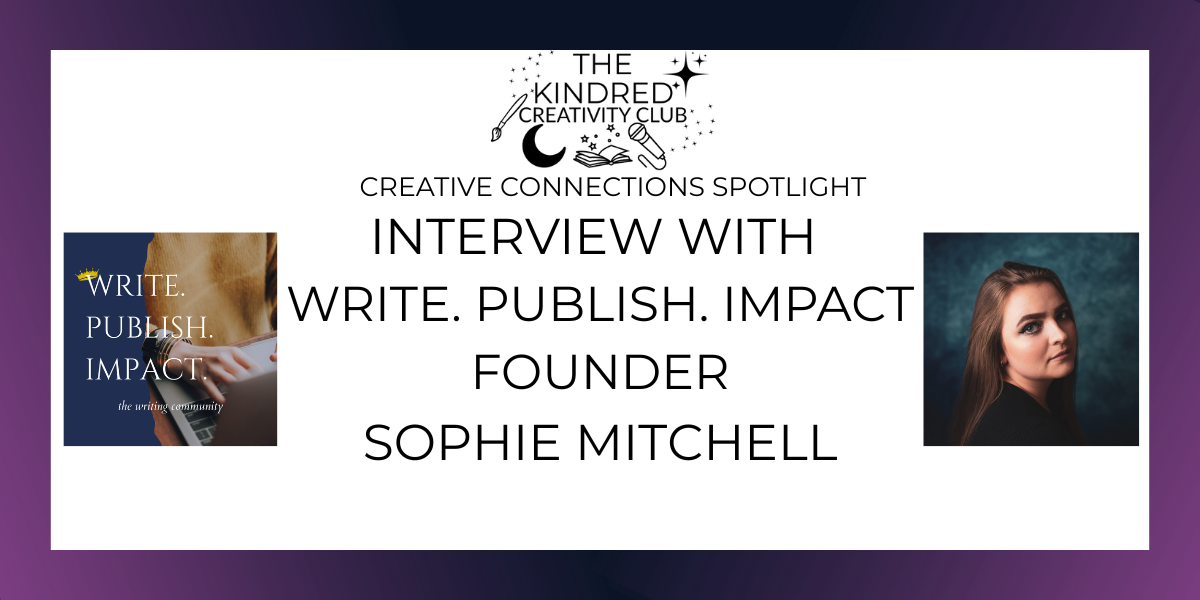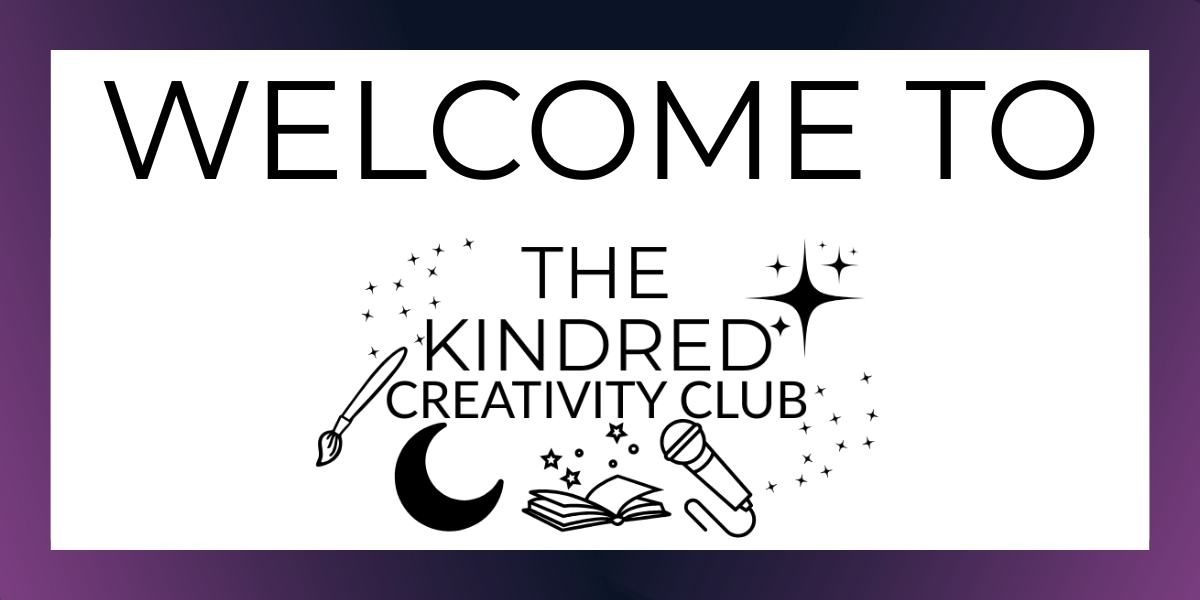Guest Post from Emerging Artist Ellie Holt
Hello, wonderful people reading this!
My name is Ellie Holt, and I am what you would probably best describe as an emerging artist. In writing this, I am riddled with impostor syndrome, mostly because I often feel like I don’t do enough creative stuff nearly as much as I’d like. But hopefully by the end of this, I will have dispelled some of that impostor syndrome.
The phrase I’ve recently been using to describe what I do is ‘theatre/performance maker’, mainly because I haven’t quite found my niche yet and will generally try anything to see how it fits me. In the past, I was predominantly an actor, filling roles like Toby Belch in Shakespeare’s Twelfth Night, Lord Caversham in Wilde’s An Ideal Husband, alongside a multitude of devised work with a graduate theatre company in Lancaster called Three Left Feet. In hindsight, a lot of the characters I’ve played have been gross caricatures of masculinity, bordering on drag in some respects. This probably should have been a much earlier indicator of my relationship to gender.
However, I haven’t properly acted for several years now. Since transitioning, I’ve struggled to find my place back on stage, at least in the traditional sense. Acting is hard enough and cut-throat enough to get into on its own, let alone when you add something as potentially politically charged as being trans into the mix. Given the lack of explicit (and good) trans characters within theatre and film, trans actors are often reliant on casting directors being open to having us play otherwise assumed cis characters. We are reliant on companies being willing to take potential public backlash for daring to treat us with a modicum of respect and decency. All of this on top of the usual actor’s gambit of whether you can effectively portray the character or are a good fit for a production.
With this in mind, I have recently turned my attention to scriptwriting in an attempt to keep adding to the retinue of roles that are explicitly designated for trans people. Now, that isn’t to say roles that are exclusively covering the trans experience, I by no means wish to pigeon-hole trans actors. My desire is simply to write good characters that also happen to be trans. Of course, that can often touch on the trans experience, but it is not necessary. And yes, I do subsequently believe roles such as these should exclusively be played by trans actors. Whilst the argument that if an actor is good enough, they should be able to play anything might technically be true, this isn’t a question of effective character portrayals. This is a question about very real-world access to the creative industry. If trans actors struggle to get cast as otherwise cis characters, we are then further locked out of the industry when cis actors play trans roles. Looking at you Eddie Redmayne and The Danish Girl (though I am aware that he has since apologised for this role). I also don’t believe that my actions alone will solve this issue, nor that I am a trailblazer in this sense. There are so many other fantastic trans writers out there. There needs to be a community effort in order to build a rich pool of good trans roles.
I am incredibly fresh to official, proper scriptwriting, though I am bringing several years of theatre-making experience and a bachelor’s and master’s degree to the field. So, what have I been writing? My most recent script that is being produced is a short script for the fabulous OffCut Competition hosted by 53Two. Offcut is a wonderful festival in which 20 new short scripts are produced and performed over the span of a couple of weeks from the end of July to the beginning of August. This year, I have a script in the midst, Serving!
Serving is a two-hander play exploring the process of coming out. It plays on the idea that coming out should be as simple as saying you want to support a different football team. Yes, I am fully aware that for many, saying you want to support Liverpool instead of Manchester United is ‘just as bad’ as saying you’re gay. In writing this script, I wanted to challenge a few stereotypes about coming out. There are so many pieces of media that deal with unsupportive parents, and I didn’t want to add yet another script to the pile. So, at no point did I want the conflict of the piece to be about tackling bigotry. Instead, it is more about the process of coming out itself. How will they do it? When will they do it? How will the dad react to their child no longer supporting Manchester City? With this script, I wanted to provide a little bit of hope, a little bit of respite from the roaring tyre fire that is the modern world. I also wanted to send a message that parents don’t in fact have to disown their queer children.
If that feels like the sort of show you’d like to see, come to 53Two during the festival and support me and 19 amazing other plays!
What else do I do? On top of my theatrics, I also dabble in an area called Glitch Art. This is as it sounds, taking media, usually digital but not always, and messing with it till it breaks. Sounds destructive and senseless, but the magic comes in what results from whatever is breaking. It can be anything: photos, film, music, speech recordings. Whatever it is, you take it and mess with it. Take a photo, for example. The more technical approach would be to go into the coding of the photo and simply start throwing stuff around. Delete lines of code, move stuff around, add in new code. This doesn’t always work and will often corrupt the photo beyond usability, but when it does work, it can create some really visually striking images. There are also several apps that will do a lot of the technical work for you. You might be asking, ‘What exactly are the results of corrupting an image?’ Well, I’ve included some images here for you to take a look, but the results are colourful, often create overlays and repetition within the image, and usually create some psychedelic patterns.
The philosophy behind this artform sits within refusing to see things as failed or corrupted, as things to simply throw out or delete from your hard drive, that just because something isn’t as it was intended doesn’t make it any less valuable. In particular, I try to link my own queerness and transness to this philosophy. As trans people, society often views us as broken, corrupted and less valuable. We are often labelled as glitches in the heterosexual system. Yet I feel that Glitch Art has something to say for the queer community. We’re not broken, we’re not corrupted. We’re just more colourful than most.
If you want to see more of my glitch work, head over to @glitchingthequeer on Instagram, or GlitchingTheQ on Tiktok.





 About Ellie Holt
About Ellie Holt
Ellie (she/her) is a theatre/performance maker whose work draws on her experiences as a trans person. With a Bachelor’s in Theatre Studies and a Master’s in Contemporary Performance Practice, her work tries to push the fold on the style and content that we see on stage. Currently, she’s focusing on scriptwriting in an effort to create more space for the trans community within the theatre industry. She also dabbles as an artist, her particular remit is within the field of Glitch Art; taking media and messing with it till it breaks, usually to very colourful effects. Instagrams: @elliie_holt (personal) @glitchingthequeer (art account) TikTok: GlitchingTheQ



